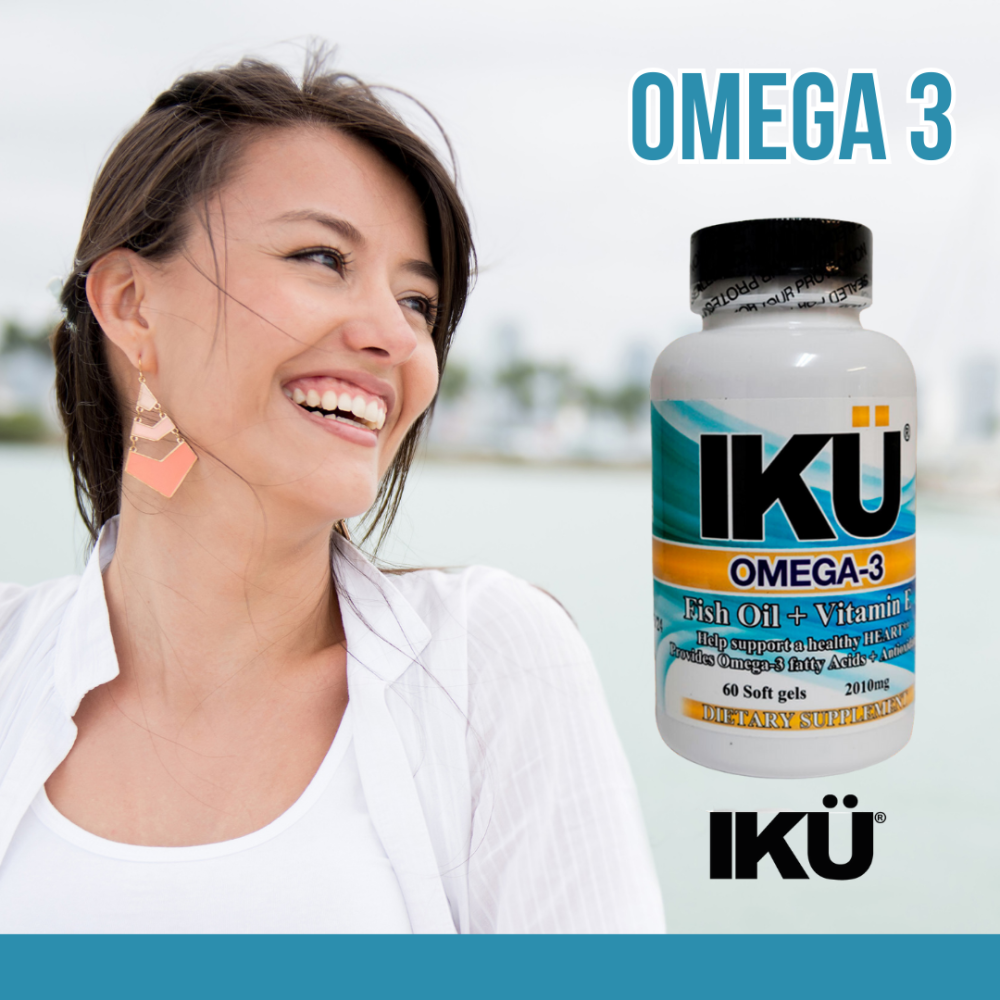Omega-3 Fatty Acids: A Natural Path to Soothing Anxiety and Depression
The modern world can be a stressful and demanding place, often leading to feelings of anxiety and depression. While various factors contribute to these conditions, emerging research has uncovered a remarkable natural ally in the fight against anxiety and depression: omega-3 fatty acids. In this blog post, we’ll explore the profound connection between omega-3s and mental well-being, shedding light on how these essential nutrients can offer solace and hope.

Understanding Omega-3 Fatty Acids
1. The Omega-3 Family
Omega-3 fatty acids are a family of polyunsaturated fats that include alpha-linolenic acid (ALA), eicosapentaenoic acid (EPA), and docosahexaenoic acid (DHA). They are considered essential because the body cannot produce them and must obtain them from diet or supplements.
2. Abundant Sources
Omega-3s are commonly found in fatty fish (salmon, mackerel, sardines), flaxseeds, chia seeds, walnuts, and certain oils (flaxseed oil, fish oil).
Omega-3s and Mental Health
1. Reducing Anxiety
Omega-3s, particularly EPA, have demonstrated the ability to reduce symptoms of anxiety. They help modulate neurotransmitters and reduce inflammation in the brain, which can contribute to anxiety disorders.
2. Easing Depression
Studies suggest that EPA and DHA may help alleviate symptoms of depression. They play a role in the structural integrity of brain cells and are involved in neurotransmitter function, which can positively impact mood.
3. Mood Stabilization
Omega-3s are thought to help stabilize mood by promoting balanced brain chemistry. They may reduce the severity and frequency of mood swings.
4. Stress Resilience
Regular consumption of omega-3s may enhance the body’s ability to handle stress by reducing the production of stress hormones.
Incorporating Omega-3s into Your Diet
1. Fatty Fish
Include fatty fish like salmon, trout, and mackerel in your diet at least twice a week. They are excellent natural sources of EPA and DHA.
2. Plant-Based Options
If you’re vegetarian or vegan, incorporate ALA-rich foods like flaxseeds, chia seeds, and walnuts into your meals. These can be converted into EPA and DHA in the body, albeit less efficiently.
3. Supplements
Omega-3 supplements, such as fish oil capsules or algae-based supplements, are widely available and offer a convenient way to ensure you’re getting adequate omega-3 intake.
Consultation with a Professional
Before starting any supplementation regimen, especially if you have underlying health conditions or are taking other medications, consult with a healthcare professional.
Conclusion
In the quest for emotional well-being, omega-3 fatty acids shine as a natural, accessible, and powerful resource. Their potential to reduce anxiety and depression, stabilize mood, and enhance stress resilience offers hope to those navigating the complexities of mental health. Remember that individual responses may vary, and omega-3s are not a substitute for professional mental health treatment. Nevertheless, by embracing the nourishing power of these essential nutrients, you can take an important step toward a calmer, more balanced, and happier life.
